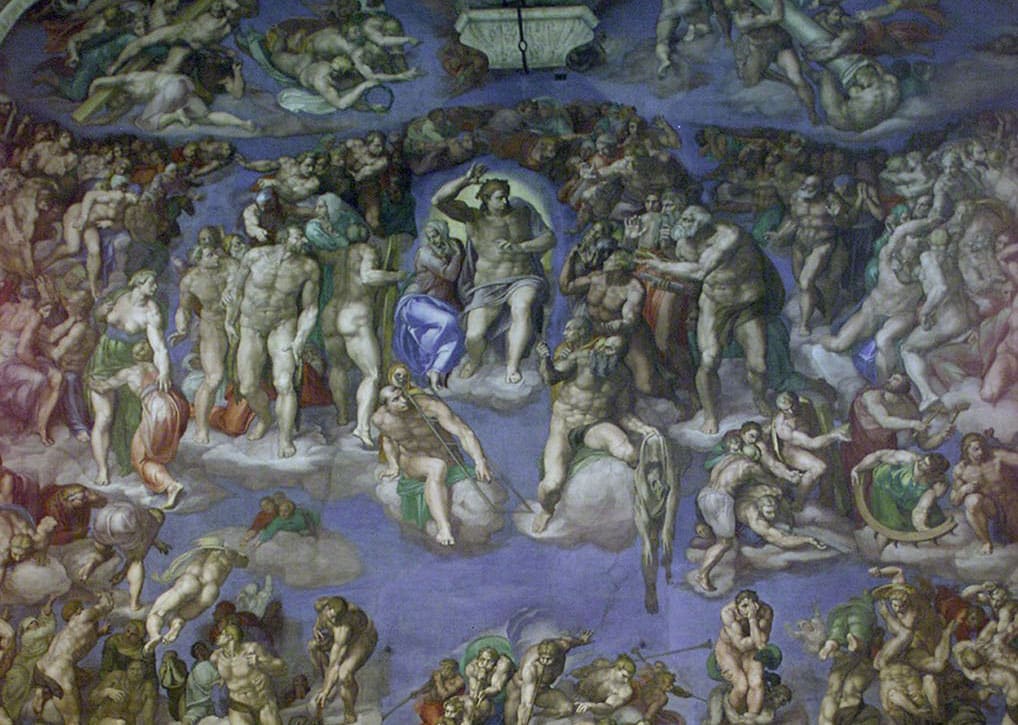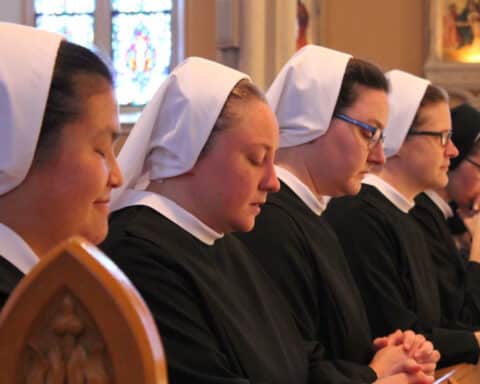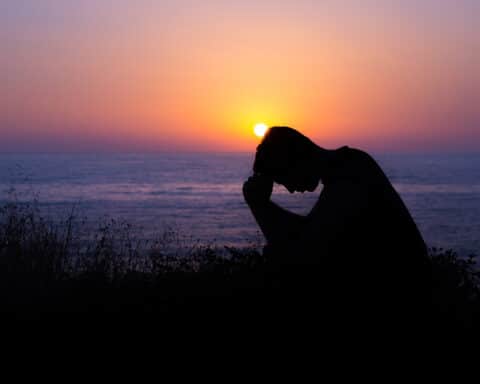Question: I have tried, as a convert to the Catholic faith, not to be terrified of judgment day and the justice of God. If God is our redeemer and pays the price for our sins, will we need to worry about our judgment day if we have confessed our sins in the Sacrament of Confession? Also, what about the second judgment? I just worry. Isn’t there some way on this earth while we are alive to have greater confidence in his mercy? I’ve read St. Faustina’s diary, and sometimes it helps me and sometimes it doesn’t. Thank you for helping me.
— Danna Schneider, via email
Answer: For those who confess their sins, God is rich in mercy. But the question at the last judgment of both individuals and the world, is whether one seeks God’s mercy and has requested it or not. There are many today who proudly assert that God and his teachings in the Bible are wrong, that they are no longer binding on an “enlightened” age. There is really only one sin the Lord cannot forgive, and this is the sin committed by one who does not want forgiveness and who refuses to admit that there is anything wrong requiring forgiveness. This is what Scripture terms the “sin against the Holy Spirit,” who is always urging us to accept the truth of God’s teachings (cf. Mt 12:31). For example, many today refuse to hear or be submitted to God’s teachings in terms of human life, sexuality, greed, love of the poor, and so forth. They will not be forced by God to accept his judgment on such things, but neither will they be interested in entering a heaven that embraces such things. Hence, when we appear before the judgment seat of Christ and our view on this and other moral views is fixed, God’s judgment recognizes our view and determines that we would or would not be happy in the Kingdom of God, where all rejoice in God’s views, not simply our personal or party views. No one is forced to celebrate what God celebrates.
Hence, judgment is not to be understood as an angry God crushing his opponents, but rather as a God who respects our freedom to view things as we wish. Those who depart heaven to hell do not see heaven as heaven, and they prefer to be free as they see it from the “unenlightened” views of God’s kingdom.
Thus, fear is not the proper response to this scenario, but rather a sober assessment of whether we want what God wants. God will not force anyone to subservience. Ultimately, he grants what we want or prefer (cf. Jn 3:18). Repentant sinners can surely find mercy, but the unrepentant refuse the mercy that is offered. What happens on the judgment day is really up to us.





